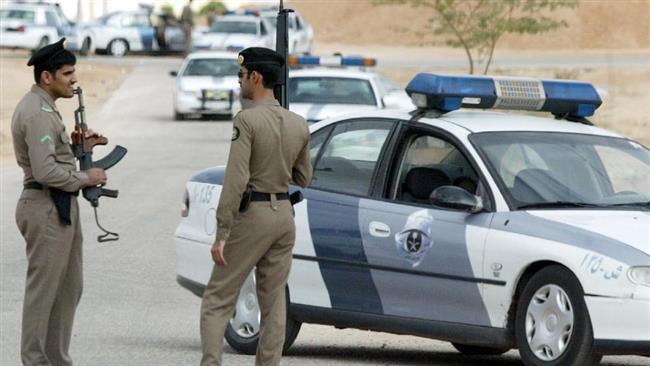
Al-Riyadh said the 14 were among 24 "accused of killing security personnel and robbing passers-by in Awamiya", a Shia town in the Eastern Province.
One of the defendants was acquitted and the other nine were jailed for between three and 15 years, Al-Riyadh said on its website, without giving further details.
Awamiya, a town of about 30,000, has been the scene of repeated incidents since 2011 when protests began among Shias and later developed into a call for equality in the kingdom.
Shia clerics in Sunni-ruled Bahrain demand equality
The minority Shia community has long complained of marginalisation.
Hundreds were arrested in a crackdown after the initial protests, according to Amnesty International.
Earlier this year, unrest including gunfire and explosions shook Awamiya following the execution of Shiite cleric Nimr al-Nimr on January 2.
He was a driving force behind the initial protests.
Nimr and three other Shia were among 47 people convicted of terrorism and executed, provoking anger among Shia, concern in Western nations, and tensions between Saudi Arabia and Shiite Iran.
Nimr's nephew Ali al-Nimr, arrested at the age of 17 following the protests for reform, is also on death row.
Ali Adubisi, director of the Berlin-based European Saudi Organisation for Human Rights, said he has not received independent confirmation of Wednesday's 14 death sentences or the names of those reportedly condemned.
"We have information about 24 people" facing trial, he told AFP, adding that all of them were from Qatif, an area which includes Awamiya.
He said not all of the accused could be connected with the protests in Eastern Province because authorities were "mixing" protesters and common law criminals.
Adubisi alleged that none of the 14 had received a fair trial.
According to Amnesty, at least 94 people have already been put to death in Saudi Arabia this year, part of a two-year surge in executions.
The watchdog said it is "entirely routine for people to be sentenced to death after grossly unfair trials" in Saudi Arabia.
Its legal system is based on Islamic sharia law and operates independently, the government says.
1732498967-0/Outer-Banks--(1)1732498967-0-405x300.webp)
1732086766-0/BeFunky-collage-(74)1732086766-0-165x106.webp)















COMMENTS
Comments are moderated and generally will be posted if they are on-topic and not abusive.
For more information, please see our Comments FAQ